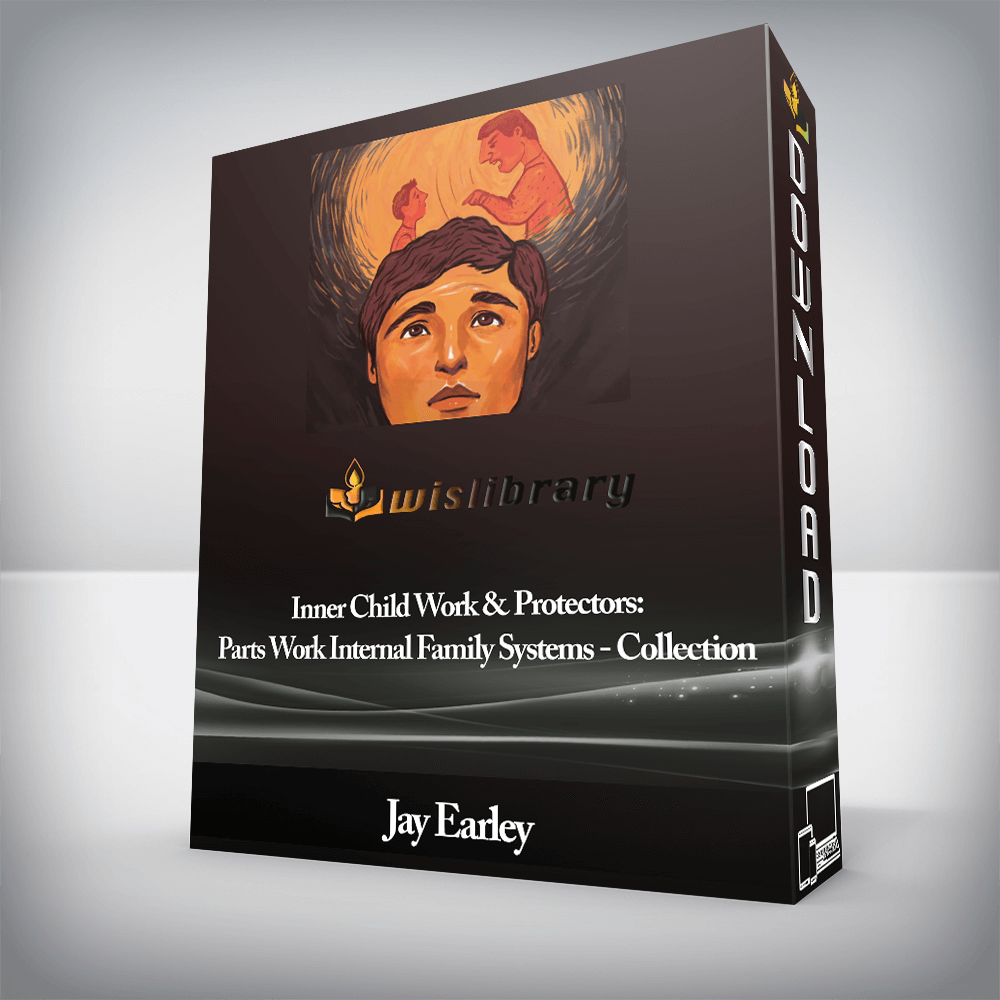IFS is based on the idea that the psyche consists of sub-personalities, called parts, which make up a kind of inner system. Parts often get into conflicts with each other and act in dysfunctional ways in an attempt to protect us from pain. All of this happens largely outside our awareness, and when we do see what is happening, we frequently try to banish the parts that are causing the difficulties. Yet this hardly ever solves the problem. IFS, on the other hand, teaches us to relate to our parts with openness, curiosity, and compassion, not judgment, which allows each part to reveal its hidden agenda and the pain it defends against. This paves the way for healing and transformation, which can be accomplished by following the detailed procedure taught in this course. The psyche is largely organized to protect itself from pain, which is why IFS makes a distinction between parts that are in pain and parts that protect us from it. Protectors are parts that handle the external world and protect against vulnerability and pain. Exiles are young child parts that are in pain from the past. Protectors try to arrange our lives so that people can’t hurt our exiles, and when this does happen, protectors shut us down emotionally to keep us from feeling the pain. This noble effort doesn’t really work; the suffering still leaks through at odd moments. Furthermore, the defenses instituted by protectors make us relate to the world in troublesome ways, or they blunt our aliveness or rob us of important capacities. IFS is able to transform the psyche by relying on the healing power of our true Self or spiritual center, which has four important qualities (connectedness, curiosity, compassion, and calmness). IFS work is not primarily about understanding parts intellectually, although that does happen. It involves going deep inside and accessing them on an experiential level through emotions, images, body sensations, or internal dialogue. You and your clients engage the part in a relationship and come to understand it on a gut level.


You must be <a href="https://wislibrary.net/my-account/">logged in</a> to post a review.